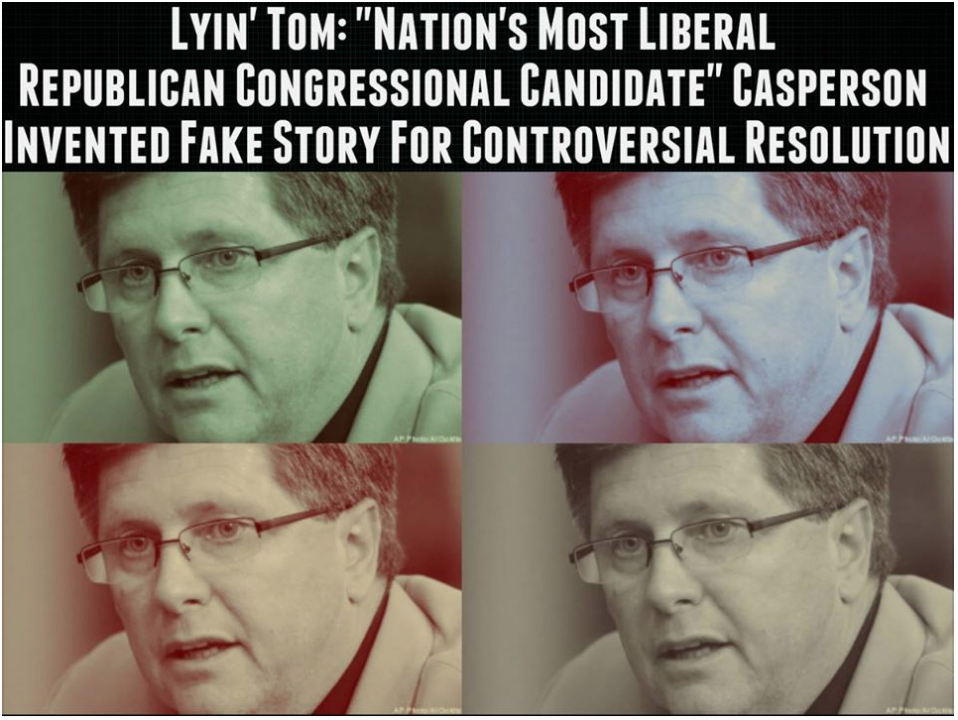CNBC has announced the criteria for the 2016 Republican Presidential debates the network is hosting on October 28th, and the news could spell trouble for multiple GOP hopefuls who face being left out of both the primetime and “happy hour” debates.
According to Politico:
“Candidates who have an average of 3 percent in polls will be on the primetime, 8p.m. EDT debate stage, CNBC announced on Wednesday. A 2.5 percent average will be rounded up to 3 percent. All other candidates with at least a 1 percent average will be invited to the undercard debate.
But the most recent polling averages from the recognized polls since Sept. 17 show that Gov. Bobby Jindal, former Sen. Rick Santorum, former Gov. George Pataki, Sen. Lindsey Graham and former Gov. Jim Gilmore have not cleared a 1 percent average.
According to the most recent polling averages, the main debate stage would feature Donald Trump, Ben Carson, Carly Fiorina, Marco Rubio, Jeb Bush, Ted Cruz, John Kasich, Chris Christie, Mike Huckabee and Rand Paul, whose 2.75 average would be rounded up to 3.”
According to CNN:
“CNBC also announced that the moderators for the Oct. 28 debate will be Carl Quintanilla, co-anchor of “Squawk on the Street” and “Squawk Alley”; Becky Quick, co-anchor of “Squawk Box;” and chief Washington correspondent John Harwood. They will be joined by On-Air Editor Rick Santelli, Senior Personal Finance Correspondent Sharon Epperson and “Mad Money” host Jim Cramer, meaning a total of six questioners will appear on stage.
The debate will be held at the Coors Events Center at the University of Colorado Boulder and broadcast live on CNBC. It is being branded as the “Your Money, Your Vote” debate, and will focus on the economy, job growth, taxes, technology, retirement and the health of our national economy.
“We focus on money — from financial markets and economies around the world to the most fundamental pocketbook issues involving savings and retirement,” Mark Hoffman, the chairman of CNBC, said in a statement. “Financial freedom, entrepreneurship and job growth are core to Americans’ decision making process when they cast their vote.”









